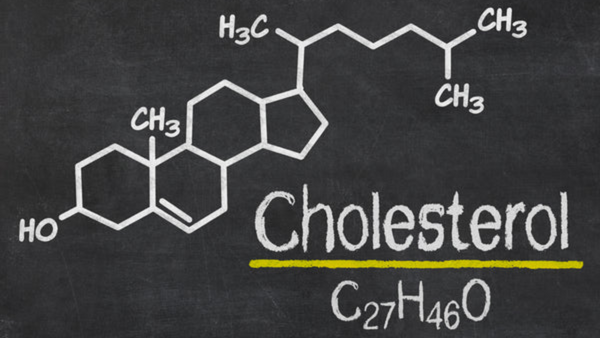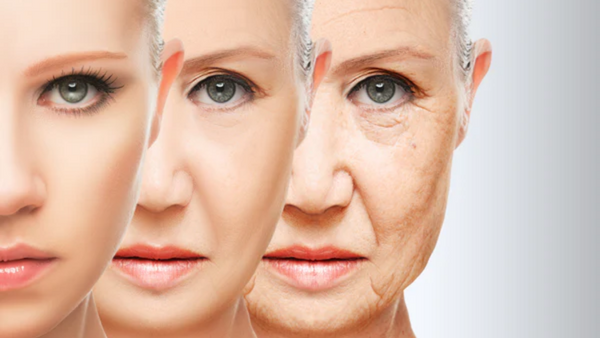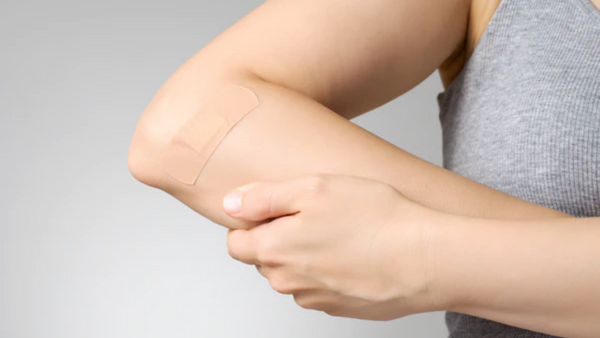Cholesterol-lowering drugs (statins) are among the most commonly prescribed medications. Elevated cholesterol levels are considered a risk factor for cardiovascular disease.
However, the topic of cholesterol is complex. Total cholesterol is not very meaningful when it comes to predicting the risk of cardiovascular disease and heart attack. A distinction is therefore made between HDL cholesterol and LDL cholesterol. Colloquially, these are often referred to as "good" and "bad cholesterol". In fact, a high HDL level (50 mg/dl) seems to protect against cardiovascular disease. However, calling LDL cholesterol "bad cholesterol" is also an oversimplification. There are various fractions within LDL cholesterol and not all of them are problematic. LDL cholesterol can become dangerous when it oxidizes. This is one reason why oxidative stress increases the risk of cardiovascular disease. This is because oxidized cholesterol is more easily deposited in the blood vessel walls. Especially if these are already damaged (e.g. due to high blood pressure ).
Apolipoprotein B (Apo B) is a component of LDL and is a better marker than total cholesterol or LDL cholesterol when it comes to cardiovascular risk. [1] Unfortunately, Apo B is usually not measured by doctors as a standard procedure.
HDL cholesterol and triglycerides are other important markers. Triglycerides are also known as blood lipid levels. They should be below 150 mg/dl if possible. The ratio of the two is also important. [2] The TG/HDL ratio should be less than 3. A value higher than 3 indicates insulin resistance, which is one of the main causes of cardiovascular disease and is closely associated with it.
Bad cholesterol levels can have genetic causes. However, they are usually due to an unhealthy diet and poor lifestyle habits. A change in diet is therefore a very effective approach to improving cholesterol levels. But micronutrients can also have a supportive effect here.

Vitamin D
Vitamin D deficiency is associated with poor cholesterol levels. If vitamin D levels are low, taking vitamin D appears to be able to lower cholesterol. [3]
OPC
Oligomeric anthocyanidins (OPC) are extracted from grape seeds. They have an antioxidant effect and can therefore probably counteract the oxidation of LDL cholesterol.
Studies also suggest that OPC may lower total cholesterol and LDL cholesterol. [4]
B vitamins
A poor supply of B vitamins , especially vitamin B6, folic acid (vitamin B9) and vitamin B12, leads to increased homocysteine levels. Homocysteine is a toxic metabolic product and the body needs B vitamins to break it down. Elevated homocysteine levels promote cardiovascular diseases and are associated with poor blood lipid levels (triglycerides). [5] B vitamins are also important for cholesterol metabolism. [6]
Antioxidants
Cholesterol only becomes dangerous when it oxidizes. That's why people with bad cholesterol levels should pay particular attention to a good supply of antioxidants. Important antioxidants in the body are vitamin C , vitamin E, zinc and selenium . These are essential nutrients that should not be neglected. Coenzyme Q10 is also an effective antioxidant. [7] The body can produce this itself, but production decreases significantly with age. In addition, cholesterol-lowering drugs (so-called statins) inhibit the body's own production of coenzyme Q10.

Omega-3 fatty acids
Omega-3 fatty acids have an anti-inflammatory effect and can reduce inflammation levels in the blood. They also have a blood-thinning effect.
Omega-3 fatty acids do not appear to lower total cholesterol. Some studies even suggest that they can increase cholesterol. However, they have a positive effect on the cholesterol profile and blood lipid levels, and that is what matters. Omega-3 fatty acids appear to be able to lower triglycerides and increase HDL cholesterol. [8] So it is not without reason that they are considered heart-healthy.
Conclusion: Micronutrients promote a balanced cholesterol profile
Micronutrients do not necessarily lower cholesterol levels, but it is questionable to what extent this is desirable. A favorable profile of blood lipid levels and HDL cholesterol appears to be more important in terms of cardiovascular risk. Elevated LDL cholesterol levels can be problematic, especially when it oxidizes. A good supply of antioxidants, omega-3 fatty acids, B vitamins and vitamin D is crucial. If only because these are essential nutrients that are vital for survival.
WE HAVE GOT YOU A 10% VOUCHER FOR OUR
OPC PREMIUM , OMEGA 3 , VITAMIN C , ZINC , VITAMIN B COMPLEX , VITAMIN B COMPLEX FORTE , SELENIUM , COENZYME Q10
PROVIDED AND HOPE TO BRING YOU JOY WITH IT.
SIMPLY COPY THE FOLLOWING COUPON CODE
AND ENTER IT AT CHECKOUT:
CHOL+V10
TO THE PRODUCTS
[1] https://jamanetwork.com/journals/jamacardiology/article-abstract/2753612
[2] https://www.ncbi.nlm.nih.gov/pmc/articles/PMC6516523/
[3] https://pubmed.ncbi.nlm.nih.gov/33143204/
[4] https://onlinelibrary.wiley.com/doi/abs/10.1002/ptr.6518
[5] https://pubmed.ncbi.nlm.nih.gov/19276985/
[6] https://pubmed.ncbi.nlm.nih.gov/34002661/

















